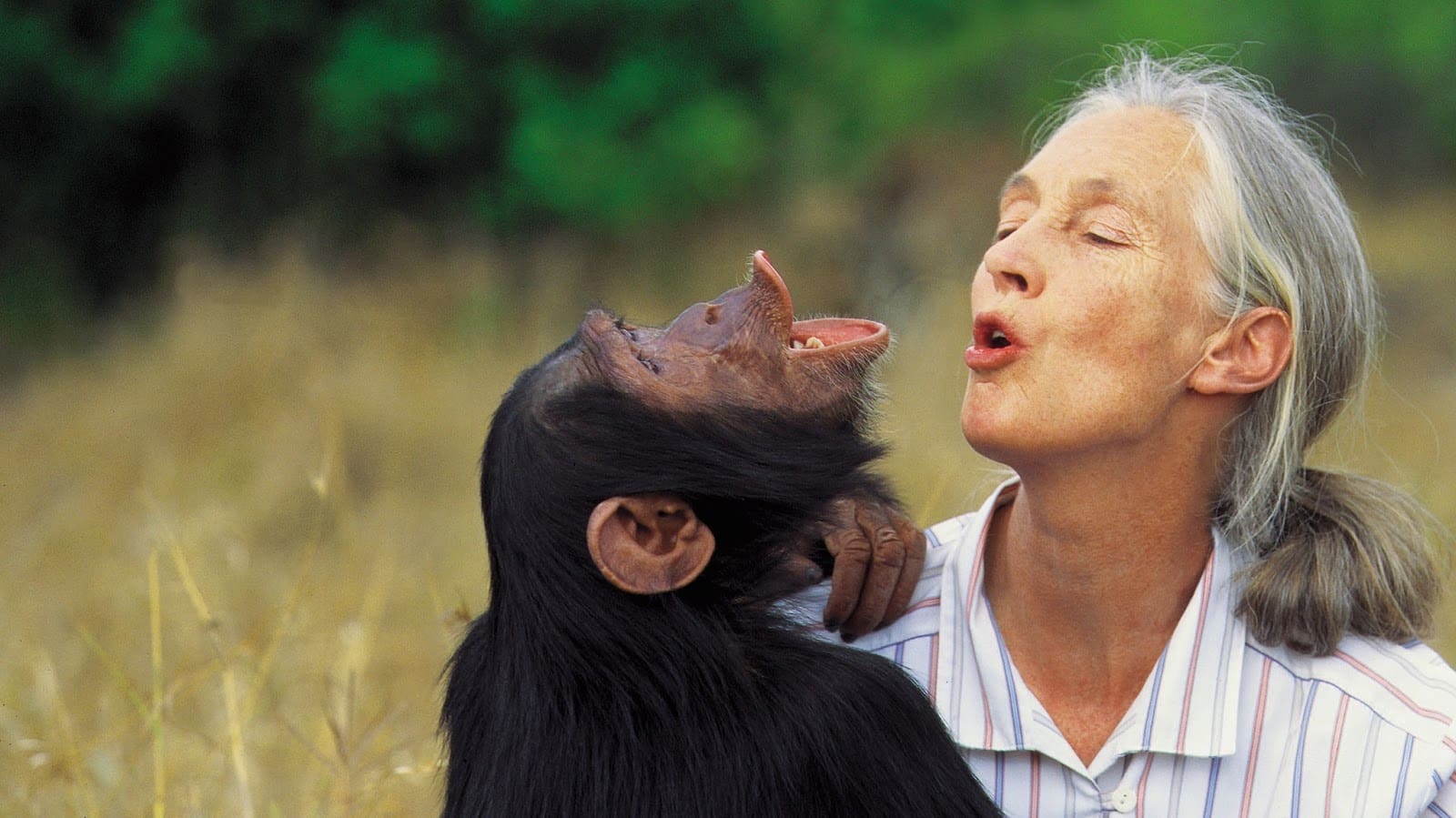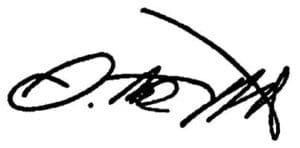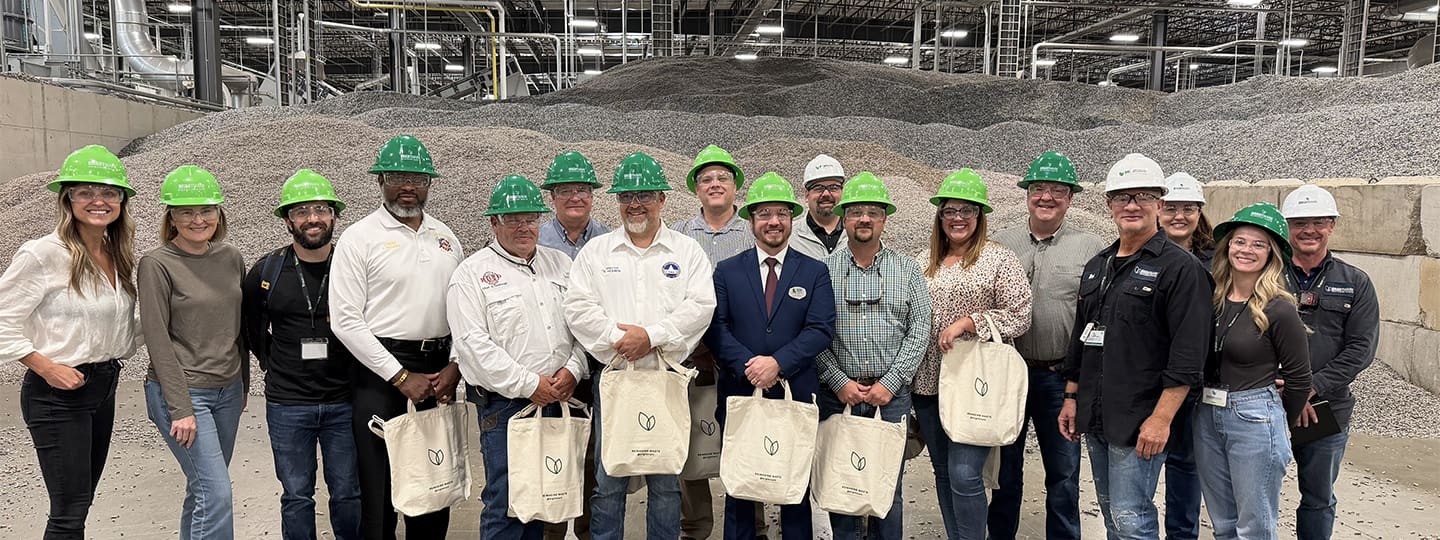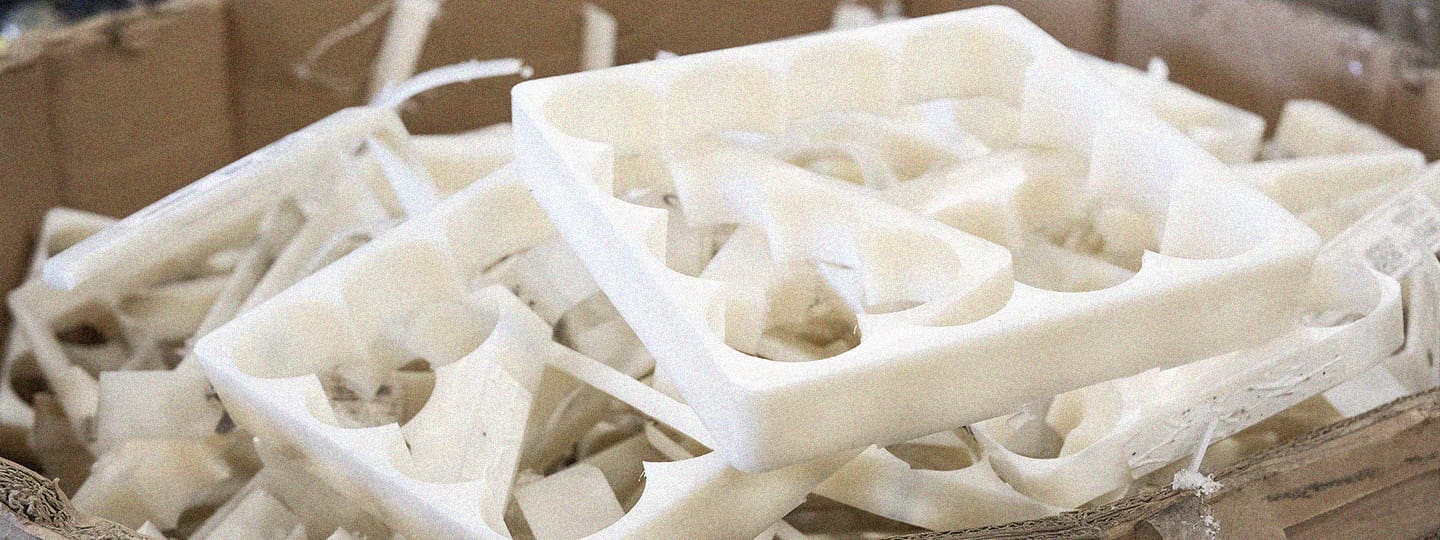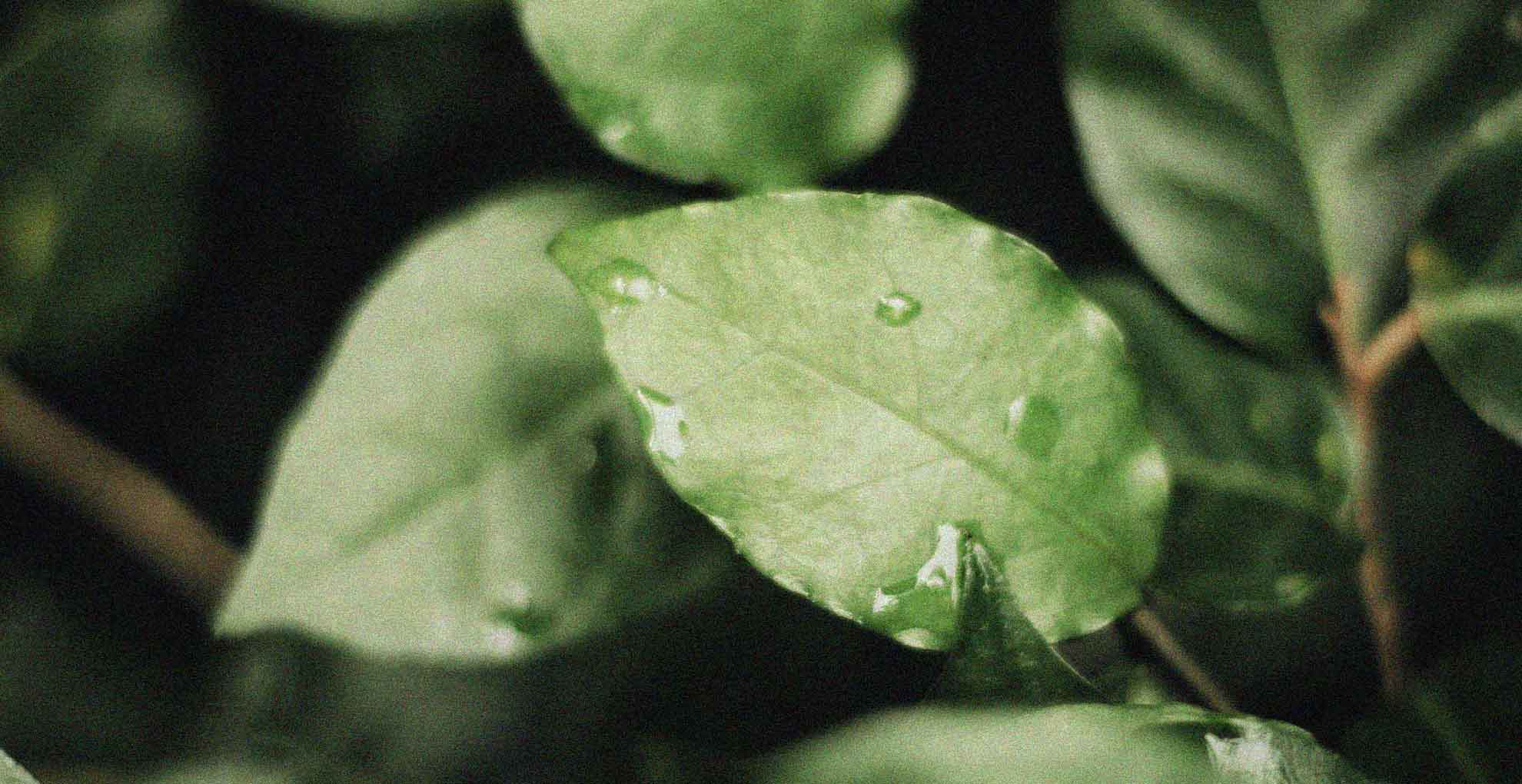“You cannot get through a single day without having an impact on the world around you. What you do makes a difference, and you have to decide what kind of a difference you want to make.” – Jane Goodall
As a child, I spent time with my grandmother in the garden. She had this tremendous green thumb, and we discussed what should and shouldn’t be put into the garden, including pesticides. She said, “you need to think about what you put into the garden because the pesticides (when it rains) will go into the creek and flow down into other areas, impacting the environment.” This conversation occurred before environmentalism became as prevalent as it is today, and her words stuck with me.
Recently, a book titled Unnatural History of the Sea by Callum Roberts was recommended to me by my cherished friend Guy Harvey. This particular book has blown my mind regarding the impact humans have on the environment. The book details how explorers from various centuries documented marine life, and there’s a stark difference today from previous centuries, with the progressive destruction of these critical habitats. The abundance of life that used to be present is now essentially non-existent. It breaks my heart (along with many other ocean lovers, I assume.)
I find today two verbs associated with climate change are mitigation and adaptation. Too many people are worried that we have reached a state of complacency by embracing adaptation. I worry about our changing baseline. Our current baseline is different from Roberts’s baseline in the book. When you speak to the divers who saw a coral reef decades ago, it’s not what you see now. We need to be more ambitious about restoring it to its original state, and I believe that if we lose the memory of what it used to be like, we’re doomed.
That brings me to my main point—stewardship. When I think of stewardship, the first thing that comes to mind is Jane Goodall—a world-renowned primatologist beloved by many for her tremendous heart and ongoing stewardship of animals, the environment, and primates.
Jane appears to me to be someone that sees past personal self-interests and mass consumption—choosing to focus on what she can give instead of what she can get. She works to see how she can positively impact the world around her each day. This noble characteristic, to me, exemplifies what a “steward of the earth” is genuinely meant to be—someone who puts others first, even if they have to forfeit certain aspects that most of society may deem essential to living a high-quality life. However, I believe very few things are as enriching as using your talents and passions to positively impact the world—especially as it relates to the earth.
Ways we can all be stewards of the earth:
- Treat the environment with respect. It’s our home and should be treated as such.
- Remember that animals are an integral part of the ecosystem. It should be an ecosystem, not a “we”-cosystem (referring to humans as we).
- Keep the ocean blue: see what we’re doing with the Guy Harvey Ocean Foundation here.
- Remember that one person can make a difference, even if it’s small. Over time, little by little, it becomes a lot.
- Share your eco-tips and tricks with anyone (and everyone) you know. We can all benefit from finding ways to be more sustainable.
Seize the day, my friends; the time is now. We don’t have a day to waste.

